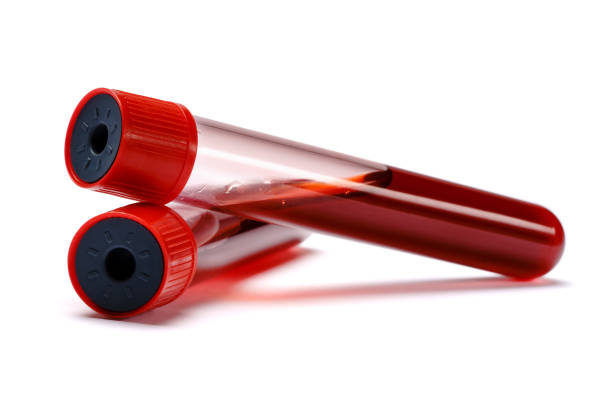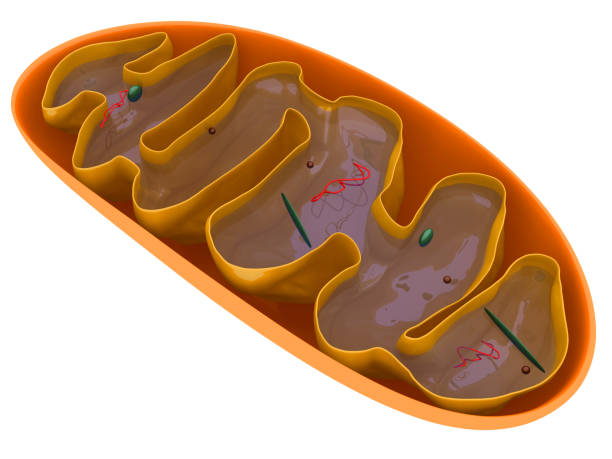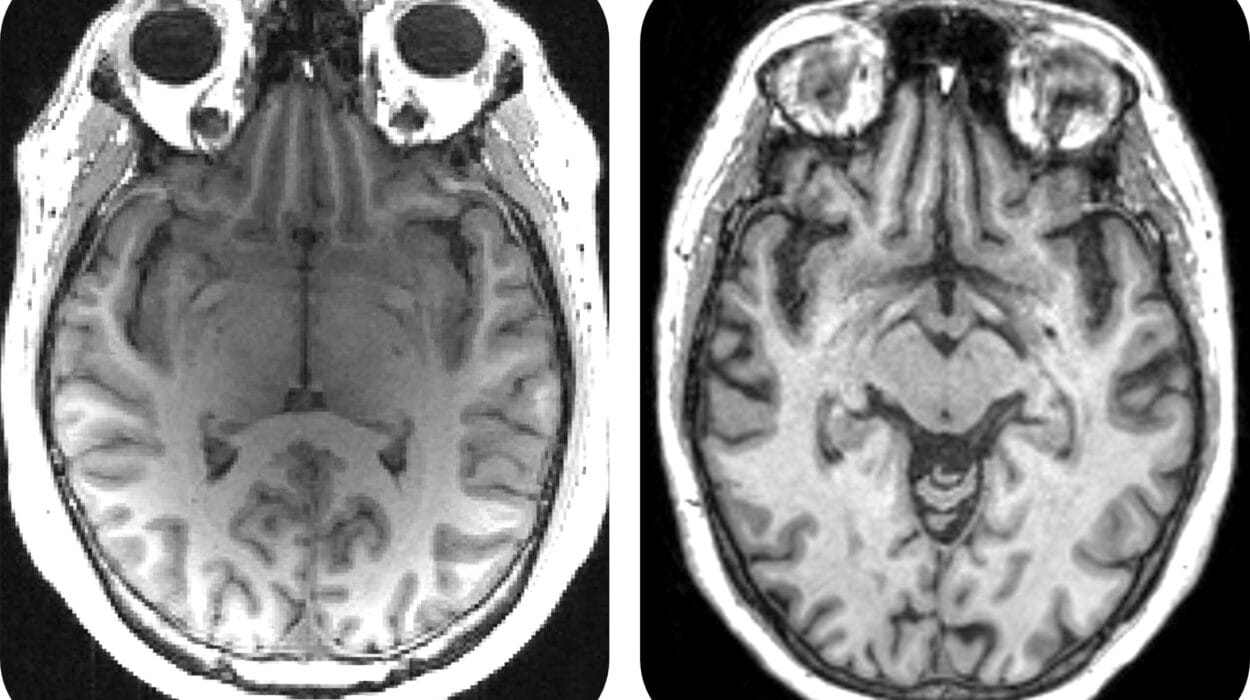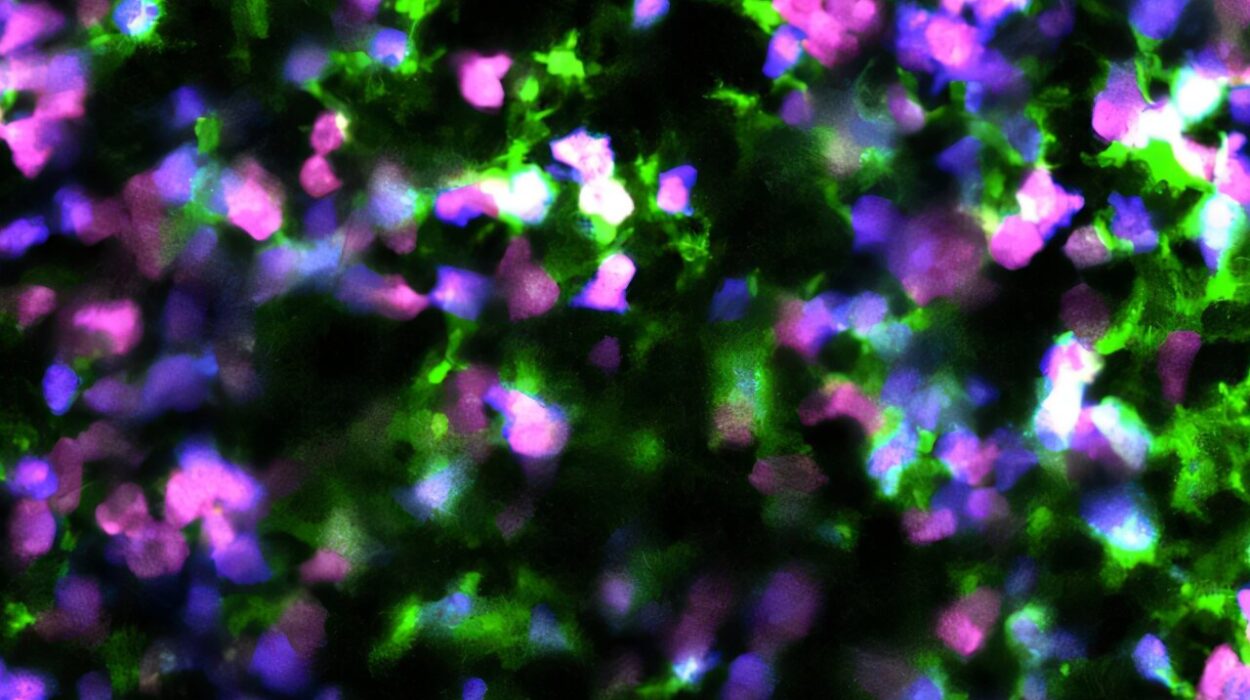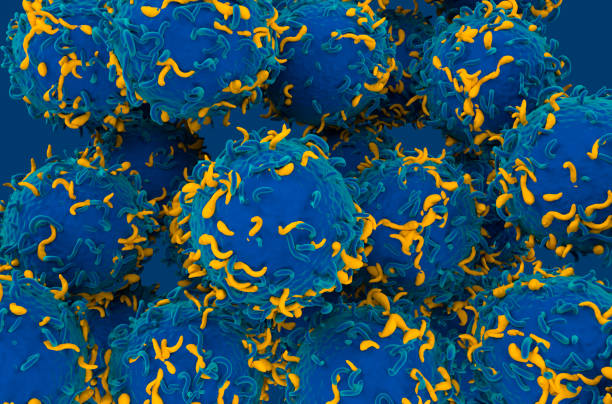For decades, LSD was associated with counterculture, music festivals, and the psychedelic revolution of the 1960s. But now, a substance once dismissed as dangerous and fringe is re-emerging in a new light—one backed by rigorous science. A groundbreaking study published in the Journal of the American Medical Association (JAMA) on September 4 suggests that a single dose of LSD may ease anxiety symptoms, and the benefits can last for months.
The findings have sparked global attention, offering hope for millions of people living with anxiety disorders. Could LSD—once vilified—become a legitimate medicine in modern psychiatry?
The Study That Changed the Conversation
In this trial, researchers tested several doses of LSD in nearly 200 patients with moderate-to-severe anxiety. The results were striking. Four weeks after treatment, patients who received the two highest doses showed significantly reduced anxiety compared to those given lower doses or a placebo. By 12 weeks, the improvements remained remarkably strong:
- 65% of patients taking 100 micrograms of LSD still reported reduced anxiety.
- Nearly half were considered in remission.
Such sustained benefits are unusual in psychiatry, where treatments often require daily medication or regular therapy sessions. For many patients, the idea that a single session could bring three months of relief is nothing short of extraordinary.
Dr. Maurizio Fava, psychiatrist-in-chief at Mass General Brigham Hospital in Boston and lead author of the study, described the results as “quite significant,” while noting that some people may eventually need re-treatment. He emphasized that researchers don’t yet know how many sessions will be necessary over time.
A Different Approach to Psychedelic Therapy
Most recent psychedelic studies have combined the drug with intensive talk therapy, often requiring several hours of guided sessions. But this LSD trial was different. Patients took the drug under professional supervision, without lengthy psychotherapy sessions attached. This design gave researchers a clearer picture of whether LSD itself—not the therapy—was responsible for the improvements.
This minimalist approach could make the treatment more accessible if approved for widespread use. It also underscores an important scientific question: are psychedelics therapeutic because of the “trip,” the supportive environment, or the chemical changes they trigger in the brain?
The Challenges and Limitations
As promising as the results are, the study wasn’t without challenges. Many participants correctly guessed whether they had received LSD or a placebo, which raises concerns about “blinding.” In clinical trials, blinding is critical because it prevents expectations from influencing outcomes. If patients know what they’re taking, their hopes—or fears—might skew the results.
Additionally, a significant number of participants dropped out early, which narrowed the data set and left some unanswered questions about long-term effectiveness and safety.
Side effects were also reported. Common experiences included hallucinations, nausea, and headaches—unsurprising for a powerful psychedelic but still important for regulators and patients to consider.
What Comes Next
The pharmaceutical company MindMed, which partnered with researchers on this study, is already moving forward with two larger late-stage clinical trials. These will track patients over a longer period to confirm whether LSD’s benefits hold up. If the data continues to be positive, MindMed plans to seek approval from the U.S. Food and Drug Administration (FDA).
That step would mark a historic moment. For the first time, LSD could shift from an underground substance to a legally prescribed medication for anxiety.
The Bigger Picture: Psychedelics and Mental Health
This study is part of a broader movement in science and medicine—a renaissance of psychedelic research. The FDA has already granted “breakthrough therapy” status to compounds like psilocybin (the active ingredient in magic mushrooms) and MDMA (commonly known as ecstasy) for conditions such as depression and post-traumatic stress disorder (PTSD). Now, LSD joins that list.
The renewed interest is not surprising. Traditional treatments for anxiety, such as antidepressants and anti-anxiety medications, don’t work for everyone. Psychotherapy can be effective but requires long-term commitment and access to skilled professionals. In contrast, psychedelics may offer a faster, longer-lasting, and potentially more cost-effective solution.
Why Anxiety Treatment Matters
Anxiety disorders are among the most common mental health conditions. According to the National Institutes of Health, generalized anxiety disorder affects nearly 3% of U.S. adults every year. For many, the constant worry, restlessness, and fear interfere with daily life, relationships, and work. While existing treatments help some patients, too many are left struggling despite trying therapy or medication.
The possibility that one carefully controlled dose of LSD could bring months of relief is a powerful beacon of hope. It suggests that the brain, when nudged in the right way, may reset itself—breaking free from cycles of fear and worry.
From Stigma to Science
It is remarkable to consider that LSD, a substance long overshadowed by stigma and controversy, is now being tested in some of the world’s leading hospitals and published in top medical journals. For decades, research into psychedelics was halted by social fears and strict drug policies. Today, a new era of curiosity and courage is emerging, one that looks at these compounds not as threats but as tools.
The journey is far from over. More studies are needed to confirm safety, understand long-term effects, and determine who will benefit most. But with each new piece of evidence, the line between “dangerous drug” and “promising medicine” grows thinner.
A Future of Possibility
The story of LSD and anxiety is not just about one study—it’s about the possibility of transforming mental health care. If psychedelics prove to be effective, they could reshape how we understand and treat psychiatric conditions. Instead of daily pills, patients might receive occasional supervised treatments that unlock lasting changes in the brain.
For those living with the heavy weight of anxiety, the findings represent something rare: genuine hope. A hope that healing might not take years, but hours. A hope that the mind, when given the right key, can open doors it once thought were permanently locked.
And perhaps most importantly, a hope that science, when brave enough to revisit old ideas with new tools, can rediscover forgotten possibilities—and change lives in the process.
More information: Reid Robison et al, Single Treatment With MM120 (Lysergide) in Generalized Anxiety Disorder, JAMA (2025). DOI: 10.1001/jama.2025.13481
Claudio N. Soares, Are Psychedelic Agents Ready for Prime Time as Stand-Alone Treatments?, JAMA (2025). DOI: 10.1001/jama.2025.10869
The U.S. Drug Enforcement Administration has more on LSD.

